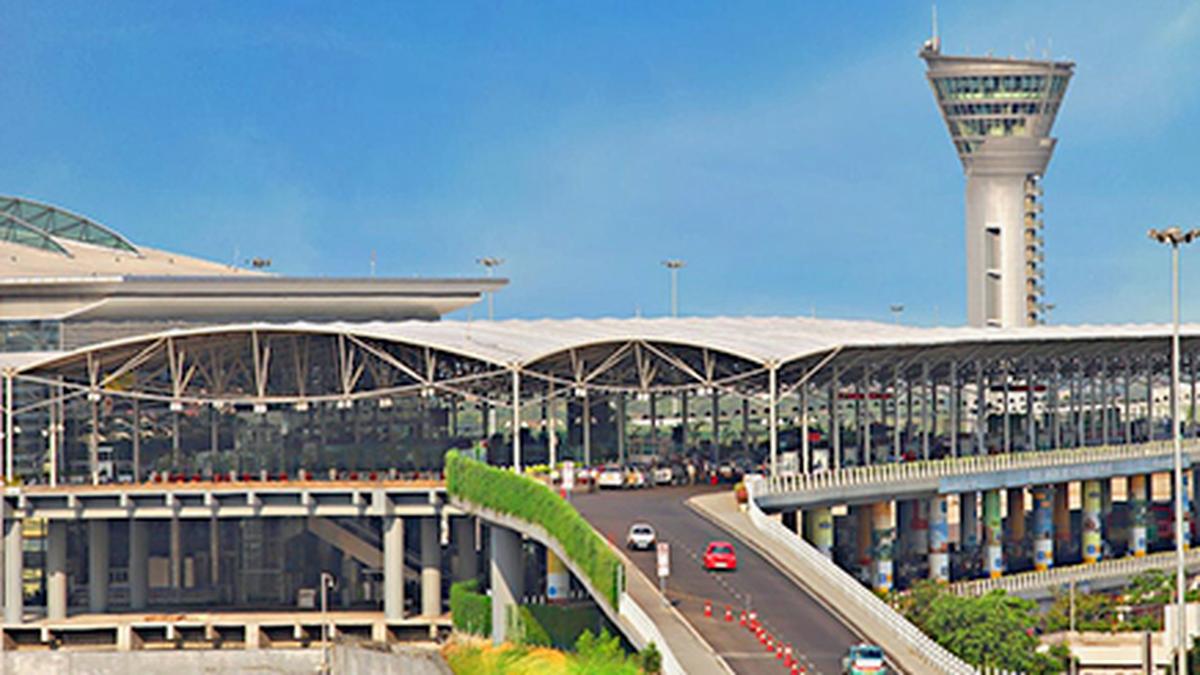In Rajasthan’s Kota, toppers aren’t just celebrated, they’re marketed. Billboards, walls, and posters across the coaching capital are plastered with the faces of NEET achievers, often accompanied by the logos of the coaching centres. Even the Kota Hostel Association, with no direct link to academic results, has circulated newspaper clippings of the toppers on their Facebook page. This flood of advertising isn’t just a strategy to bag profits but a desperate attempt to keep a struggling industry afloat amid declining student enrolments.
According to industry experts, there has been a 30 to 40 per cent decline in enrolments in 2024. In figures, Kota’s admissions reduced from a usual count of 2 to 2.5 lakh students a year to 85,000 to 1 lakh last year. “60% of the hostels are vacant, and nine branches of legacy players, such as Bansal Classes, Vibrant, Career Point, Reliable, Resonance, and two other centres have already shut shop in Kota. At least a lakh people became unemployed in the past year,” said a veteran professor associated with a reputed coaching centre in Kota, requesting anonymity.
“The admission season continues until the last week of July, so the final numbers are yet to be seen. But as of now, we’re witnessing a 20–25% decline in admissions compared to last year,” said Pramod Mewara, spokesperson for Allen Career Institute.
Multiple reasons
Once coaching took off, hundreds of centres mushroomed and the sector became Kota’s primary economic engine, shadowing its industrial past. This is not the first time the coaching centres in the city are staring at a bleak future — the COVID-19 pandemic was also a blow to enrolments. Why are admissions reducing this time, and can Kota’s centres make a comeback once again?
“During the pandemic, there was no footfall due to the lockdown regulations. But now, on their own, students do not seem to prefer Kota,” said the veteran professor on request of anonymity.
Kota’s decline isn’t due to a single reason; it’s a sum of many. “As coaching centres have expanded to other states, parents prefer enrolling their wards closer to home to save on accommodation and travel costs. In a year, parents visit their children in Kota at least ten times, and some even stay with them for weeks at a stretch,” Akhilesh Jain, general manager of Bansal Classes, observed. Industry experts said that students from Uttar Pradesh and Bihar, who contributed to the majority of Kota’s student strength, are currently retained in their states.
“When you look at our admissions from all the 75+ operational branches in the country, it has increased by 15%. But, our centres in Kota, just like any other, have been seeing a 50% decline since last year,” Mr. Jain remarked. Bansal Classes, the pioneer coaching institute in Kota, was founded by Vinod Kumar Bansal in 1991 after JK Synthetics, formerly the city’s major employer, shut down in 1983. Before Bansal’s success, Kota was known more as an industrial town than an education hub.
Sakshi Sinha, a parent from Aligarh, said, “If I go with the coaching institute’s accommodation, it costs me ₹1.2 lakh a year, plus the coaching fees, which range from ₹1.3 to ₹1.8 lakh. The cheaper option is a PG, but even that is ₹4,500 to ₹7,000 a month. By putting my son in a coaching centre in our hometown, I save a lot on food, accommodation, and all our travel expenses—we would have to visit at least once every couple of months”.
The rise of online platforms like Physics Wallah and Unacademy is seen as a cooler and more affordable option, drawing students away from conventional institutes. For a few institutions, internal crises have rung a death knell to their profits. “Laying off employees and massive pay cuts for teachers made many quit these institutes and start academies on their own. There are just too many centres in Kota,” the professor said on request of anonymity.
High suicide rates among students are seen as a social factor that has demotivated parents from choosing Kota. More recently, 24 students died by suicide in 2023, the highest annual toll since Kota became the country’s coaching capital.
The most hit
The decline doesn’t deal a direct blow to the coaching centres, which have branched out to other parts of the country, as much as it does to Kota’s ecosystem — hostels, hotels, autorickshaws, stationery shops, and more. People from around 60km from Kota are reliant on the businesses connected with the students, and their reduced footfall has had a direct impact on them.
The decline in enrolments hasn’t hit the coaching giants as hard as it has the local service economy — hostels, messes, stationery stores, transport operators, and the likes. Experts estimate that at least one lakh people working in these ancillary services in the 60km radius of Kota have either become unemployed or are reeling under major financial losses.
“We have just 50% occupancy,” said Sunil Agarwal, who started Coral Girls Heights, a girls’ hostel with a 65-bed capacity, seven years ago. Since 2024, there have been fewer than 30 girls in his hostel—an unusual phenomenon, as it was always full before that.
Slowly, hostel owners are branching into other businesses, and new investments have stalled. “There are about 4,000 hostels in Kota. These owners are now involved in other businesses such as textiles (given the popularity of Kota sarees), real estate, and hotels,” said Naveen Mittal, President of the Kota Hostel Association.
Many mess workers, auto drivers, and stationery shop owners, who migrated from agrarian villages by selling farm lands for investment, are struggling without income or the means to return to agriculture. A section of entrepreneurs, who took loans to start anew, are struggling to repay them due to low income.
A multilateral effort
Efforts undertaken by the entrepreneurs, district administration, and organisations point towards a hopeful future. Earlier, hostels in Kota insisted on an 11-month commitment, and students who left early had to pay for the remaining period. Even if they vacated after nine months, they were charged for the full 11. But now, such rules have quietly faded away.
“Students can now come and leave whenever they want. We no longer enforce long-term commitments,” said Mr. Agarwal of Coral Girls Heights. “Most premium hostels that once charged ₹15,000 a month have slashed prices by at least 40% to cope with the drop in demand,” he added.
Under the guidance of the Kota district administration, hostel staff have undergone gatekeeper training to identify and support students showing signs of mental distress. “Most of Kota’s hostels have fan hanging devices that make suicides by hanging impossible. Hostels in the city have made Sundays fun and stress-free for the students by organising singing, poetry, and other such activities,” Mr. Mittal added.
Per-kilometre fares of autorickshaws have dropped in response to falling student footfall. Helpdesks have been set up at railway stations to assist newcomers.
“The district collectorate now maintains detailed records of every student enrolled in coaching centres, and night patrolling has intensified. Refunds from coaching institutes, once nearly impossible, have become more common. Nodal officers have been appointed to monitor student well-being more closely,” said a senior official from the Kota District Collectorate.
Despite all efforts, experts say the glory of Kota’s coaching industry is fading. “It feels like a dead end,” said a veteran professor.



.png)
.png)
.png)
















 3 hours ago
5
3 hours ago
5









 English (US) ·
English (US) ·